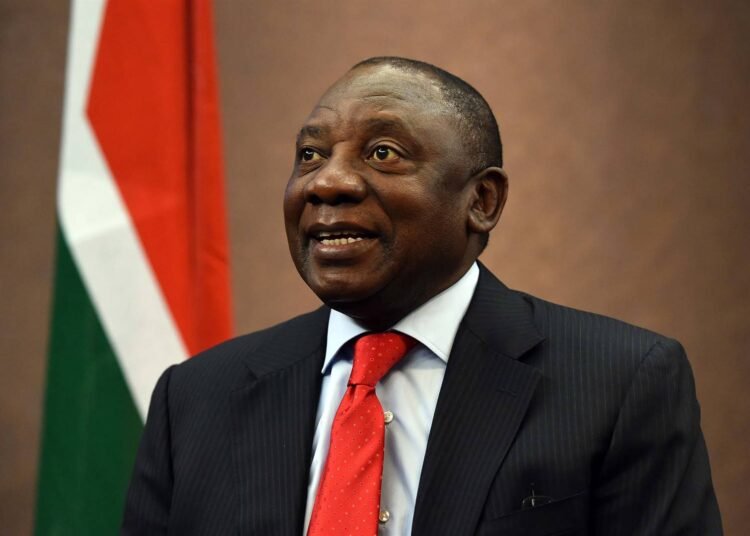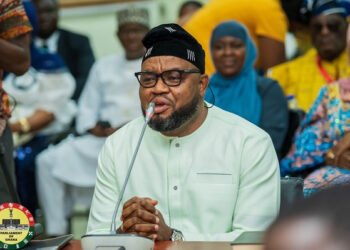President Cyril Ramaphosa has urged global leaders to continue working together in efforts to tackle climate change as unilateralism can have detrimental result on developing economies.
“Multilateralism must remain central to global climate action. Unilateral, coercive and trade-distorting measures, such as carbon adjustment measures are detrimental to developing economies,” the President said on Friday.
President Ramaphosa was addressing the high-level segment for the Heads of State and Government during the United Nations climate-focused Conference of Parties (COP28), which is currently underway in Dubai.
Leading South Africa’s participation at the conference, he emphasised the importance of access to finance, skills transfer and technology as tools to help developing economy countries build climate resilience.
“African countries are among the most vulnerable to the effects of a rapidly changing climate, and have to adapt and build resilience within the context of historically low levels of development and a severely limited capacity.
“Innovative financing instruments, such as special drawing rights are needed to ensure that funding does not increase the debt burden of countries that are already struggling to service their debt.
“There can be no substitute for new predictable at scale and appropriate public finance to help developing economy countries build climate resilience. Climate change adaptation and mitigation technologies should be regarded as a global public good,” the President said.
He said nations need to support the right of each country to determine its own developmental trajectory, and provide the necessary space to bring it to fruition.
“As South Africa, we applaud the landmark decision of COP28 to operationalise the new fund on Loss and Damage, and welcome the pledges that have already been made.
“If this Fund is to effectively support those countries most vulnerable to the effects of climate change, we need to mobilise funding on a far greater scale.
“We must launch the work programme on national and international just transitions that involve all in society and encompass all areas of the economy,” President Ramaphosa said.
He said decisions that will be made at COP28 need to be guided by science, equity and the principle of common but differentiated responsibilities and respective capabilities.
“Climate action is key to South Africa’s sustainable development agenda. The South African government has just approved the Implementation Plan for the country’s Just Energy Transition Investment Plan.
“This plan focuses on areas critical to a just transition, including investment in electricity infrastructure, new energy vehicles, green hydrogen, skills development, municipal electricity distribution, and interventions directed at communities most affected by the energy transition.
“South Africa has a successful renewable energy power producers programme that plays a key role in supporting our decarbonisation efforts. There are also promising developments underway in our country to harness the potential of green hydrogen, and to beneficiate critical minerals and rare earths in support of development and driving the green transition,” the President said.






























































